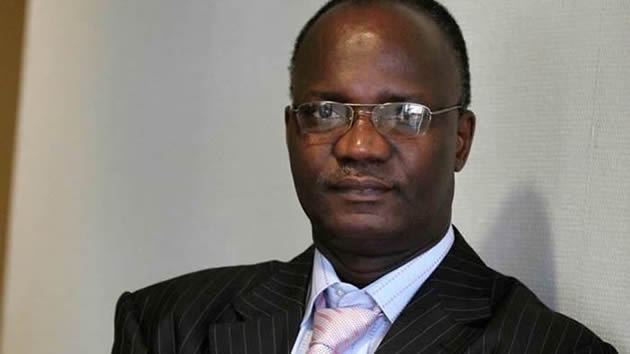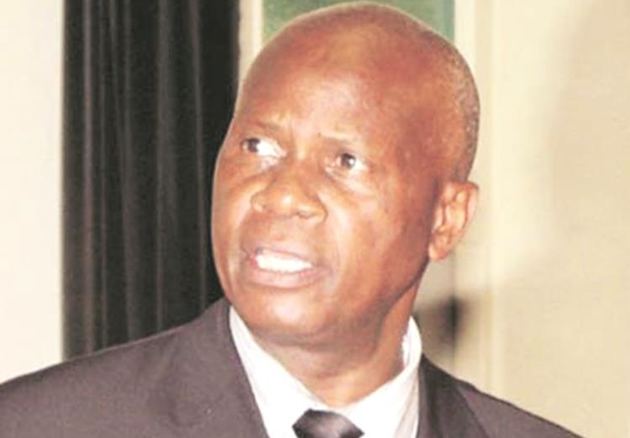Land an inheritance, not academic fodder

Lovemore Mataire Senior Reporter
Higher and Tertiary Education, Science and Technology Development Minister Professor Jonathan Moyo on Monday castigated researchers for being ambivalent and hostile to the country’s indigenisation policy.
In his keynote address at a three-day University of Zimbabwe Faculty of Arts International conference on Africa’s Intangible Heritage and Land: Multi-disciplinary Approach on Monday, Prof Moyo said although the ideological premise and legal essence of the indigenisation agenda were clear, the same cannot be said of the policy from a technical standpoint.
“The tendency has been to conflate the policy with the law and to present them as one and the same thing,” he said. “While policy can be derived from law, the two are different from one another.
“Simply put, policy is not law and law is not policy. Law is interpreted by the courts, while policy is interpreted by the researchers.”
Prof Moyo said there had been lack of clarity on the indigenisation policy because research and scientific communities in academia had remained ambivalent or hostile. He said it was regrettable that indigenisation had largely been seen as the business of politicians who only evoked the policy when electioneering.
Prof Moyo said indigenisation was at the core of understanding Africa’s intangible heritage and land and, challenged African researchers to assert their intangible heritage not just in celebratory cultural terms, but also in tangible economic terms.
He said the strategic meaning of indigenisation is that it is a summation of an array of intangible assets which have intrinsic economic value.
“What is significant, but has not received adequate research and policy attention is that Africa’s heritage and land are also key intangible assets with intrinsic economic value that is yet to be properly, let alone, fully unlocked,” said Prof Moyo.
“These intangible assets are recognised by the International Accounting Standards Board (Standard IAS 38) which defines an intangible asset as an identifiable non-monetary asset without physical substance.”
Prof Moyo said while common wisdom holds that an investment in a mining enterprise consists of capital plus technology, there was growing realisation that such investment was, in fact, made up of capital, technology and intangible value of the underground resource regardless of whether it had been proven through exploration or extraction.
Prof Moyo said the economic rights arising from Africa’s heritage have been exploited for the consumption, enjoyment and enrichment of foreigners, mainly from the West. He said what was being exploited was not just intangible mineral heritage, but also our tangible cultural heritage which in essence speaks to our intellectual property.
“The multi-disciplinary discourse on Africa’s intangible heritage and land will remain unsatisfactory unless and until it also begins to deal with the monetary value of this heritage from the standpoint of intellectual property,” said Prof Moyo.
Speaking at the same conference, president of Chiefs Council Chief Fortune Charumbira, challenged academics and researchers to deconstruct the colonial historical narrative on land, intangible heritage, democracy, marriage and culture in general.
He said there was need for complete paradigm shift in the manner in which Africans interpret their well-being, including their own culture. University of Zimbabwe dean of the Faculty of Arts Professor Pedzisayi Mashiri said the conference was a follow-up to the multi-disciplinary international conference on land and indigenisation held in Zimbabwe in 2014.
“The conference envisages making yet another landmark contribution towards African studies from an African perspective,” he said.
“Because Africa remains a rich mining entity for academia and academic development, documentations may not necessarily be favourable to African interests and development, making them sites of contestations and debate.”
The rationale behind the conference, Prof Mashiri said, was informed by the fact that Africa’s intangible heritage has connectedness with a myriad of problems and prospects for the continent.
According to United Nations Educational, Scientific and Cultural Organisation, the convention for the safeguarding of the intangible cultural heritage entered into force in 2006 and aims at safeguarding cultural expressions and manifestations such as oral traditions, performing arts, rituals, social practices, festive events, knowledge about the future and traditional craftsmanship commonly referred to as the living heritage.
The conference ends today.











Comments